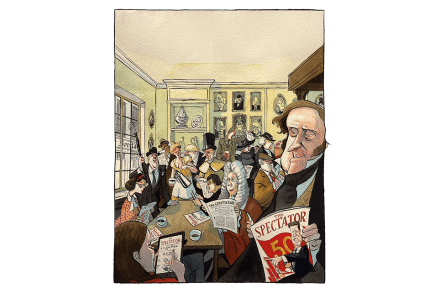Shame on the pro-Palestinian mob for hijacking 7 October
It is one year since the Jews suffered the worst act of anti-Semitic violence since the Nazi era, and what is the British left doing? Raging against the Jewish state. Hitting the streets in their thousands to fume against the nation that was the victim of that carnival of racist killing. They’re protesting not against the pogromists of Hamas who unleashed such horrors on 7 October 2023, but against the country and the people they did it to. It’s a new low It’s a new low. As Jews in Britain and around the world ready themselves for the painful commemoration of the slaughter of more than a thousand of their





















